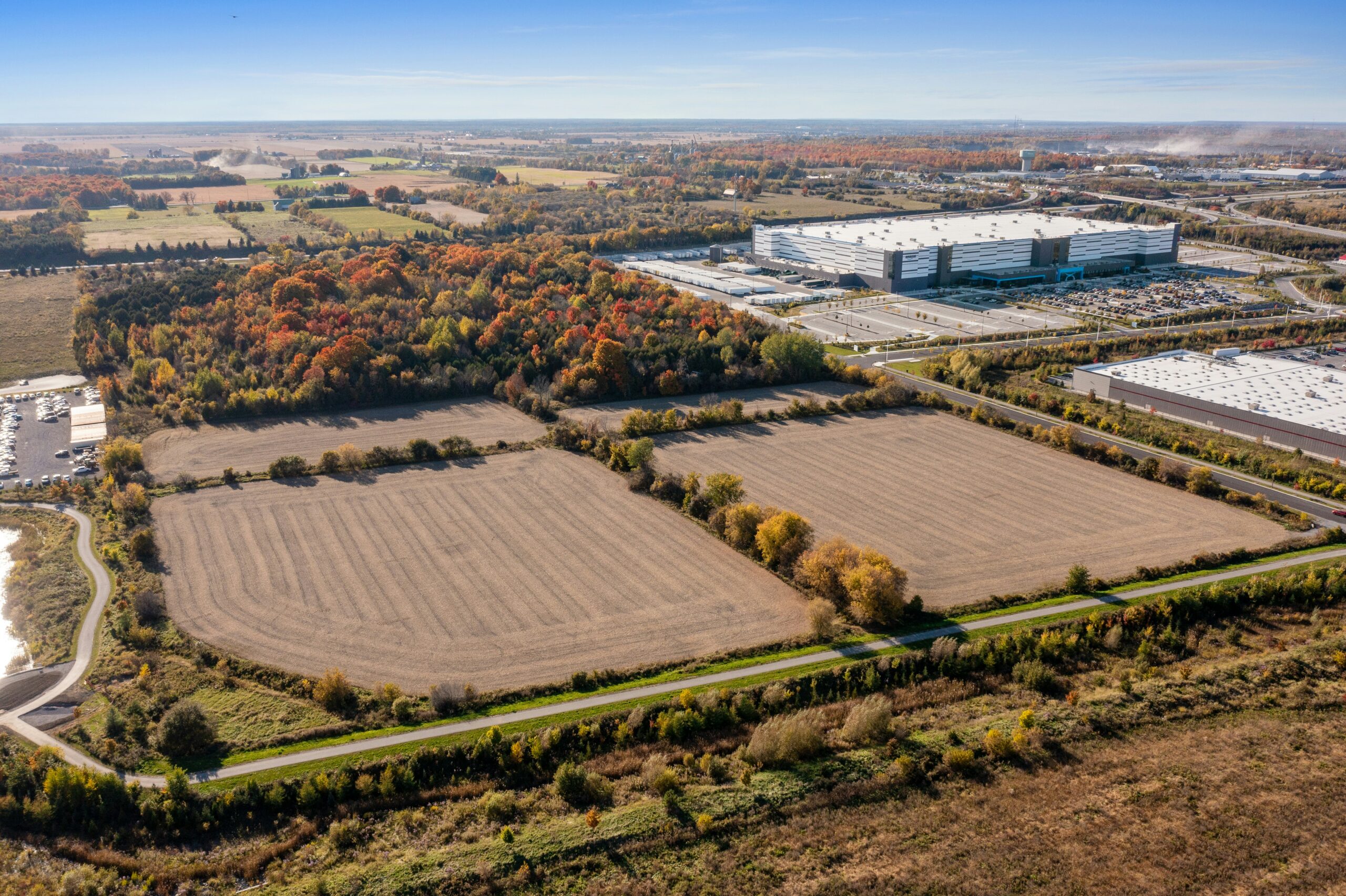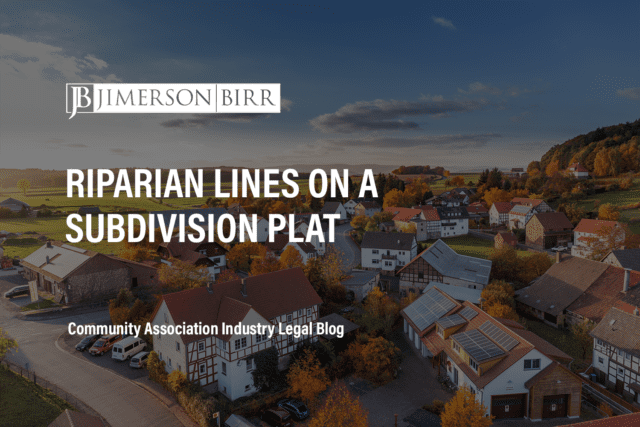What is platting?
Platting divides a tract of land into smaller lots or parcels for development or sale. The platting process involves surveying the land and creating a map or plat that shows the boundaries of each lot or parcel. Platting is typically done by developers, landowners, or government agencies to make legal lots that can be bought, sold, or developed.
The platting process also typically involves obtaining approval from local government agencies and complying with zoning and land use regulations. Once the platting process is complete, the lots or parcels can be sold to developers or individuals who wish to build homes or other structures on the land.
Need help with a matter related to platting? Schedule your consultation today with a top land use and zoning attorney.
In Florida, which laws and regulations relate to platting?
In Florida, platting is governed by several state and local laws and regulations. Some fundamental laws and regulations include:
- Florida Statutes §§ 177.011 – 177.151: These statutes establish the legal requirements for platting in Florida, including the requirement to obtain approval from local government agencies, file a plat with the clerk of the circuit court, and comply with state and local regulations.
- Stat. § 177.071: In particular, this statute outlines that the appropriate governing body must approve each plat.
- Stat. § 177.041: On the other hand, this statute states that each plat must be accompanied by a boundary survey of the platted lands and a title opinion of a Florida attorney.
- Local Government Ordinances: In addition to state laws and regulations, local government ordinances may establish additional requirements for platting within their jurisdictions. These ordinances may cover zoning, land use, and development standards.
What are common issues regarding platting that lead to litigation?
Several common issues regarding platting can lead to litigation. These include:
- Non-compliance with Zoning and Land Use Regulations: Failure to comply with local zoning and land use regulations can result in litigation, including challenges to the platting process and lawsuits from neighbors or community groups.
- Boundary Disputes: Platting disputes can arise when there are boundary disputes between neighboring properties or disagreements over the location of easements or rights-of-way.
- Environmental Concerns: Platting can raise environmental concerns, including disputes over wetland preservation, endangered species habitat, and other environmental issues that can lead to legal challenges.
- Infrastructure and Public Utilities: Issues related to infrastructure and public utilities, such as water and sewer service, can also lead to litigation over platting.
- Contract Disputes: Platting often involves contracts between developers, landowners, and other parties, and disputes over these contracts can lead to litigation.
We are value-based attorneys at Jimerson Birr, which means we look at each action with our clients from the point of view of costs and benefits while reducing liability. Then, based on our client’s objectives, we chart a path forward to seek appropriate remedies.
To determine whether your unique situation may necessitate litigation, please contact our office to set up your initial consultation.
What are effective measures to minimize the risk of litigation over platting?
To minimize the risk of litigation over platting, the following measures can be effective:
- Compliance with Zoning and Land Use Regulations: It is crucial to comply with all applicable zoning and land use regulations to avoid challenges to the platting process. Working closely with local government officials and experienced real estate attorneys can help ensure compliance.
- Clear Boundaries and Easements: Establishing clear boundaries and easements can help avoid disputes with neighboring properties and minimize the risk of boundary disputes.
- Environmental Assessments: Conducting environmental assessments early in the platting process can help identify potential environmental issues and minimize the risk of litigation related to environmental concerns.
- Infrastructure Planning: Careful planning and coordination of infrastructure, such as water and sewer service, can help avoid disputes over these issues.
- Contract Negotiation and Review: Negotiating and reviewing contracts carefully can help avoid disputes over contractual obligations and minimize the risk of litigation.
- Open Communication and Community Involvement: Open communication with neighbors and community groups and involving them in the platting process can help avoid disputes and build support for the project.
What evidence does a plaintiff generally need to file a lawsuit regarding platting issues, and what are common legal defenses to those claims?
The evidence a plaintiff needs to successfully file a lawsuit regarding platting will depend on the specific claims being made. However, generally, a plaintiff will need to provide evidence to support their claim, which may include:
- Documentation of Non-Compliance: Plaintiffs may need to provide documentation of non-compliance with zoning and land use regulations, such as evidence that the platting process did not comply with local ordinances or state laws.
- Proof of Damage: Plaintiffs will almost certainly need to demonstrate that they have suffered harm or damages due to the platting, such as loss of property value, interference with their use and enjoyment of their property, or other economic or non-economic damages.
- Expert Testimony: Plaintiffs may need to provide expert testimony, such as testimony from a surveyor, engineer, or environmental consultant, to support their claims.
Common legal defenses to claims regarding platting include:
- Lack of Causation: Defendants may argue that the plaintiff’s alleged damages were not caused by the platting but were instead the result of other factors.
- Statute of Limitations: Alternatively, defendants may argue that the plaintiff’s claims are barred by the statute of limitations, which sets a time limit on when a lawsuit can be filed.
- Lack of Standing: The plaintiff might not have standing to bring the lawsuit, such as if the plaintiff is not a property owner in the affected area.
- Preemption: State law may preempt the plaintiff’s claims, such as if the state has exclusive authority over certain aspects of land use regulation.
To see what actions or defenses may be available for your unique situation, please contact our office to set up your initial consultation.
Frequently Asked Questions
Why is platting important?
Platting is vital because it provides a clear framework for land development, including the location of lots, streets, and other infrastructure. It also helps ensure compliance with zoning and land use regulations and facilitates the sale and transfer of property.
What are the legal requirements for platting?
The legal requirements for platting vary by state and local government but generally involve obtaining approval from local government agencies, filing a plat with the circuit court clerk, and complying with state and local regulations.
Have more questions about a platting-related situation?
Crucially, this overview of platting does not begin to cover all the laws implicated by this issue or the factors that may compel the application of such laws. Every case is unique, and the laws can produce different outcomes depending on the individual circumstances.
Jimerson Birr attorneys guide our clients to help make informed decisions while ensuring their rights are respected and protected. Our lawyers are highly trained and experienced in the nuances of the law, so they can accurately interpret statutes and case law and holistically prepare individuals or companies for their legal endeavors. Through this intense personal investment and advocacy, our lawyers will help resolve the issue’s complicated legal problems efficiently and effectively.
Having a Jimerson Birr attorney on your side means securing a team of seasoned, multi-dimensional, cross-functional legal professionals. Whether it is a transaction, an operational issue, a regulatory challenge, or a contested legal predicament that may require court intervention, we remain a tireless advocate every step of the way. Being a value-added law firm means putting the client at the forefront of everything we do. We use our experience to help our clients navigate even the most complex problems and come out the other side triumphant.
If you want to understand your case, the merits of your claim or defense, potential monetary awards, or the amount of exposure you face, you should speak with a qualified Jimerson Birr lawyer. Our experienced team of attorneys is here to help. Call Jimerson Birr at (904) 389-0050 or use the contact form to set up a consultation.
Here are some blogs written by JB attorneys that provide more information about platting:


We live by our 7 Superior Service Commitments
- Conferring Client-Defined Value
- Efficient and Cost-Effective
- Accessibility
- Delivering an Experience While Delivering Results
- Meaningful and Enduring Partnership
- Exceptional Communication Based Upon Listening
- Accountability to Goals










